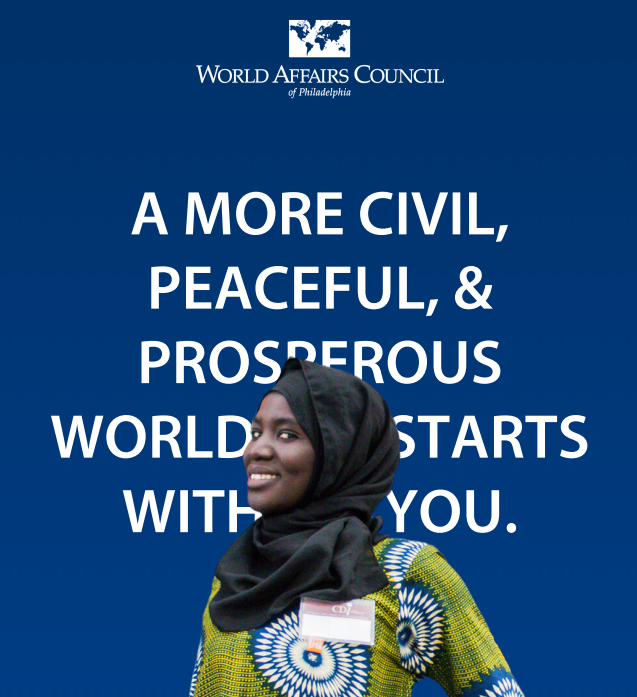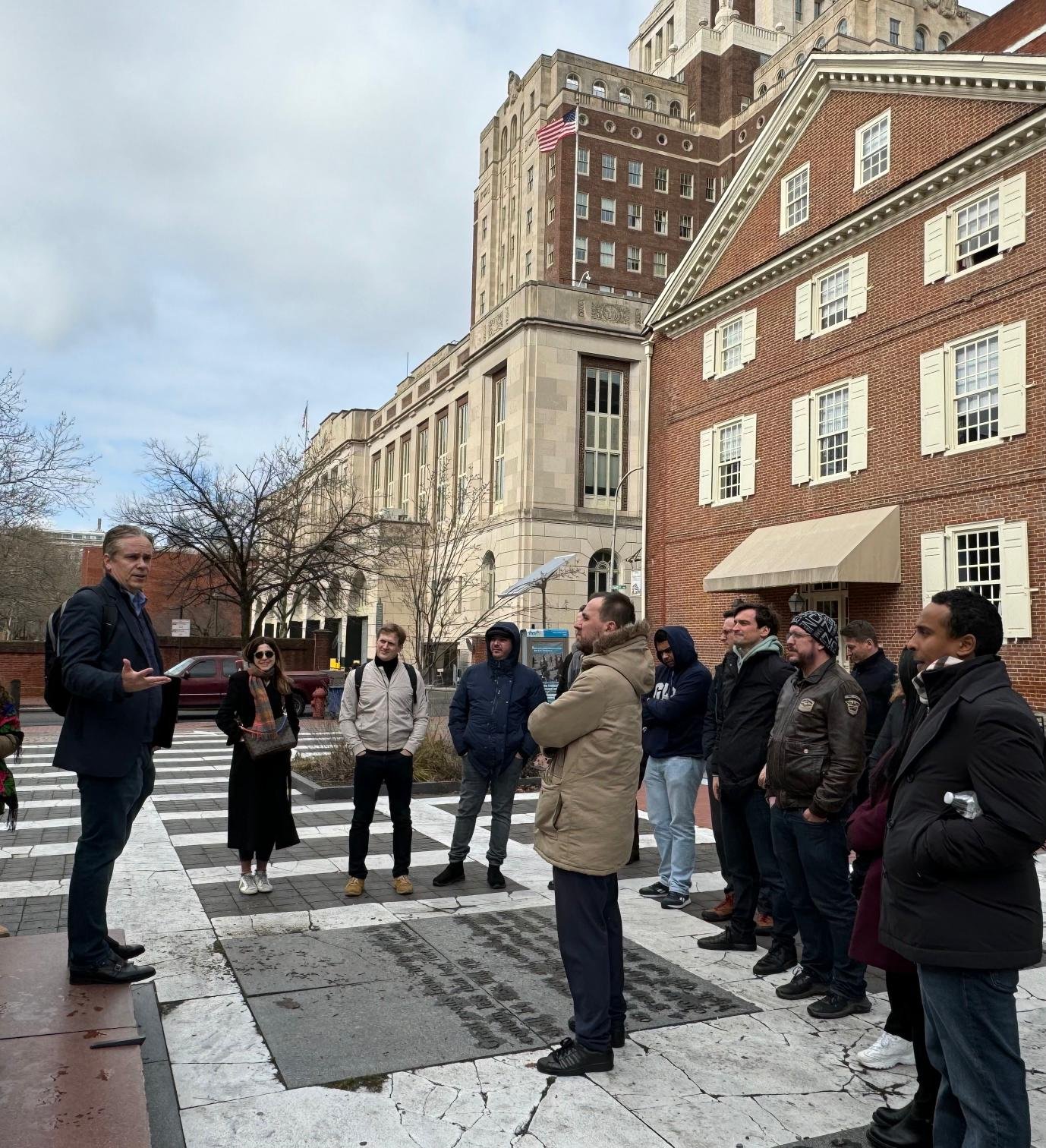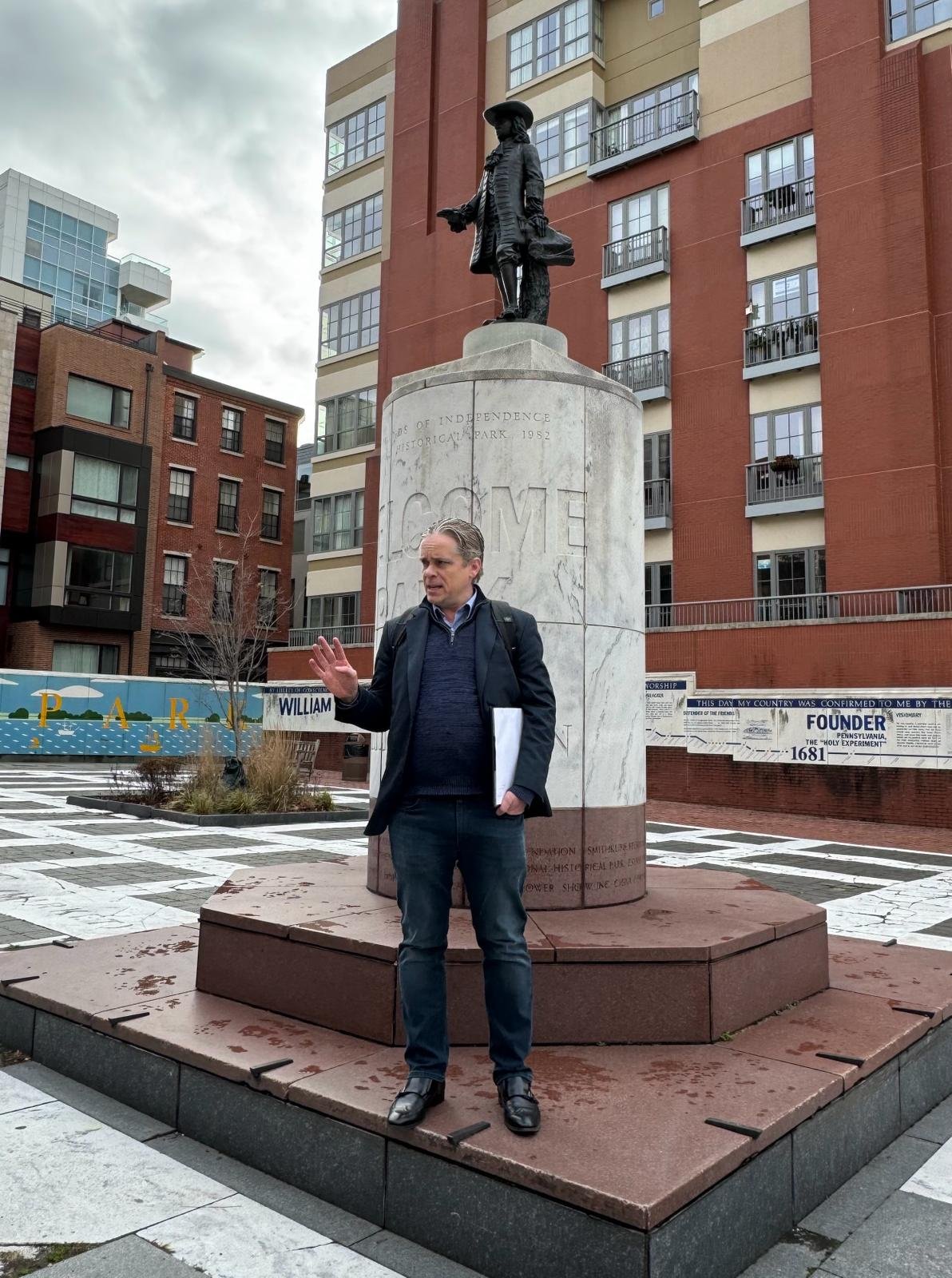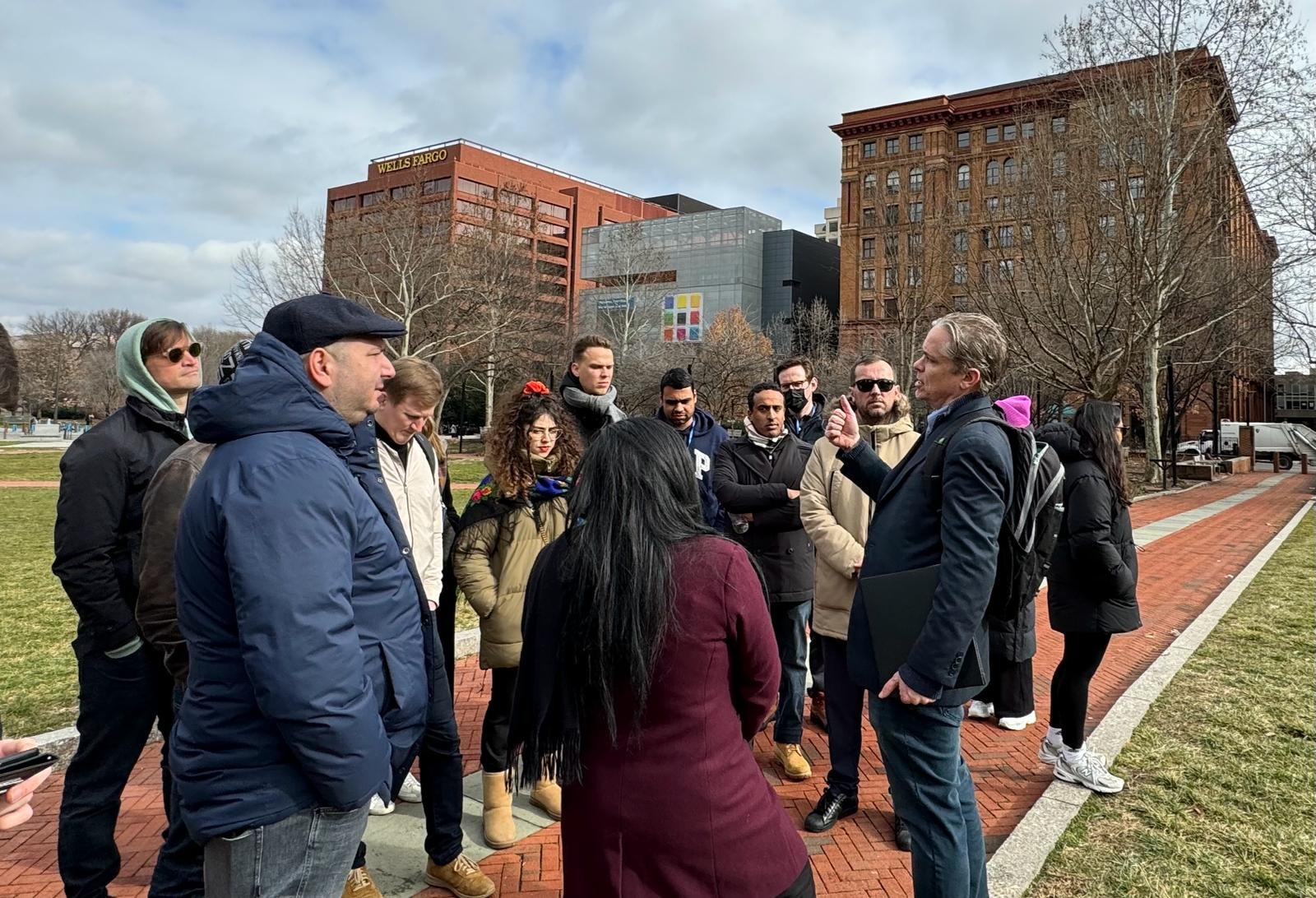David Krueger - Executive Director
Social media platforms such as Twitter and Facebook have given us some terrific tools for connecting with one another and sharing ideas. I moved from my hometown in Minnesota to Philadelphia 25 years ago and Facebook has allowed me to stay in contact with family members and friends I have greatly valued. Twitter has helped me to cultivate new professional relationships with thought leaders on issues I care about. However, despite the ability to engage with others online, I too often find myself to be more anxious and increasingly rigid in my views of the world.
As we now know, the flow of information on social media platforms is guided by algorithms that deliver content to users based on previous positive engagements such as “likes” and “retweets.” We often only see posts by people with whom we agree. For most of us, the content of our media feeds tends to become increasingly focused on the topics and perspectives that the algorithm “thinks” we want to consume. Unless we consciously resist it, our diet of information becomes increasingly narrow and our perspectives risk becoming evermore entrenched. Additionally, social media posts that are incendiary tend to attract more attention giving us the illusion that the “normal” way to communicate is through vitriol and attacks.
These dynamics of social media pose a serious challenge to those of us who want to engage in dialogue with those that think differently from us. The Dialogue Institute’s Dialogue Principles remind us that true dialogue with others requires a willingness to learn and change (Principle 1) and an ability to be self-critical of one’s ideological or religious tradition (Principle 9). These virtues are often not rewarded on social media platforms, but it is important to pursue them if we wish to build bridges.
This not to suggest that every perspective shared on social media is worthy of engagement and consideration. There are those who intentionally produce content to mislead, to distort, and to polarize us. This is why I’m grateful for the media literacy programs of the Dialogue Institute. In several of our programs, including the SUSI students and the innovation program bringing together students in Egypt and Philadelphia, we have taught skills for critical media engagement, helping people to recognize bias and distortions, and make good decisions about when, if, and how to engage with those who share misinformation online. Media literacy is an important skill for effective dialogue because it is only when we are aware of our own susceptibility to confirmation bias that we can engage others with honesty, sincerity, and compassion.
Andi Laudisio - Administrative and Development Coordinator
Media literacy is a form of social responsibility an essential skill to master in the technical age. The digital realm is a platform containing its own rules and societal norms which has changed the way we interact and understand others over the last three decades. With anyone being able to write an article, create a website, or share their thoughts on a platform, it’s important to know if fact or fiction is being consumed.
Spreading incorrect information can be incredibly harmful especially when it relates to societal issues like racism and health to name a few. The use of media is also one of our biggest assets in the 21st century and can help quickly mobilize people around issues and educate the masses.
During the COVID - 19 pandemic we saw how easy it is to spread misinformation that can lead to serious harm or death. In the wake of police violence against Black communities we again saw media being cherry picked on certain platforms. Finding the real story allows for informed and engaged citizens who are able to make a positive impact in their community.
It’s important for people who have an online presence to explore their role and understand the impact their actions on their platform make. We have all seen fights in the comments section on social media and know that sometimes people are trying to provoke a response from others. It can become daunting to share information that can be seen as controversial online when we don’t want to engage with negative comments or people looking for a fight. This is why media literacy is so important! It goes beyond sharing reliable sources and addresses the way in which we interact with others in the digital world. Medial literacy can aid in grassroots developments and community mobilization across the globe in a matter of hours. It is in our best interest to hone skills for evaluating, understanding, and engaging media of all varieties to help us understand and contribute to a globalized society.
Rebecca Mays - Director of Education, DI, Managing Editor, J.E.S.
“We live in capitalism. Its power seems inescapable. So did the divine right of kings. Any human power can be resisted and changed by human beings. Resistance and change often begin in art, and very often in our art, the art of words.”
— Ursula Le Guin
Words-whether spoken, written, signed, or acted out in the body - communicate ideas. Capitalism or the divine right of kings are ideas that people choose to adopt. Thus our human power is in the use of communication to convey the ideas that matter to us.
A simple story illustrates. A teenage friend of mine sold his MP3 player. I asked why? He said he had let it control him with his listening just to the beginnings of songs one after another to see what he might want to listen to. He was no longer truly thinking about what he wanted to listen to and choose consciously. And, he added, he had found that reading good books was better anyway.
Thus, our human power is to choose consciously the literacy we want to shape our ideas… media literacy most of all as it is the most ubiquitous influence on our minds and our lives. Who do we choose to listen to? Why? What ideas are we giving our power to in our choices? When facing the divisive ideas rampant in our US civil war, President Lincoln urged citizens to listen to "the better angels of human nature" and create friendships and allies not enemies. In our triple pandemic of disease, racial prejudice, and economic insecurity in the face of trade competitions, the Dialogue Institute urges each of us to use our human power of informed choice to guide how we allow media literacy to influence us.
Sayge Martin - IT Specialist and Social Media Manager
Media literacy is a skill I feel that everyone should constantly practice, especially since the way media is consumed and distributed is constantly evolving. Practicing dialogue skills online is just one way we can work to cultivate a more responsible society on social media. While dialogue faces barriers in the digital world, it’s important that we, as a dialogical community, cultivate creative ways to engage in mutually successful dialogue online.
The purpose of our SUSI student programming during the month of December focuses on Media Literacy 2.0. Since most of our students understand the basics of media literacy, we’ve taken a deep dive into the methods of online communication and how they can be utilized to foster better dialogue. The Dialogue Institute’s programming surrounding Media Literacy is heavily focused on group input and ideas. In the era of “fake news” and polarization, it becomes imperative that we develop new, effective ways of communicating online. Students participating are asked to “think outside the box” in terms of communication.
Our community spans across continents to bring together brilliant minds to pioneer new ways of engaging in dialogue - consider supporting the growth of our programs by donating this Giving Tuesday!

















